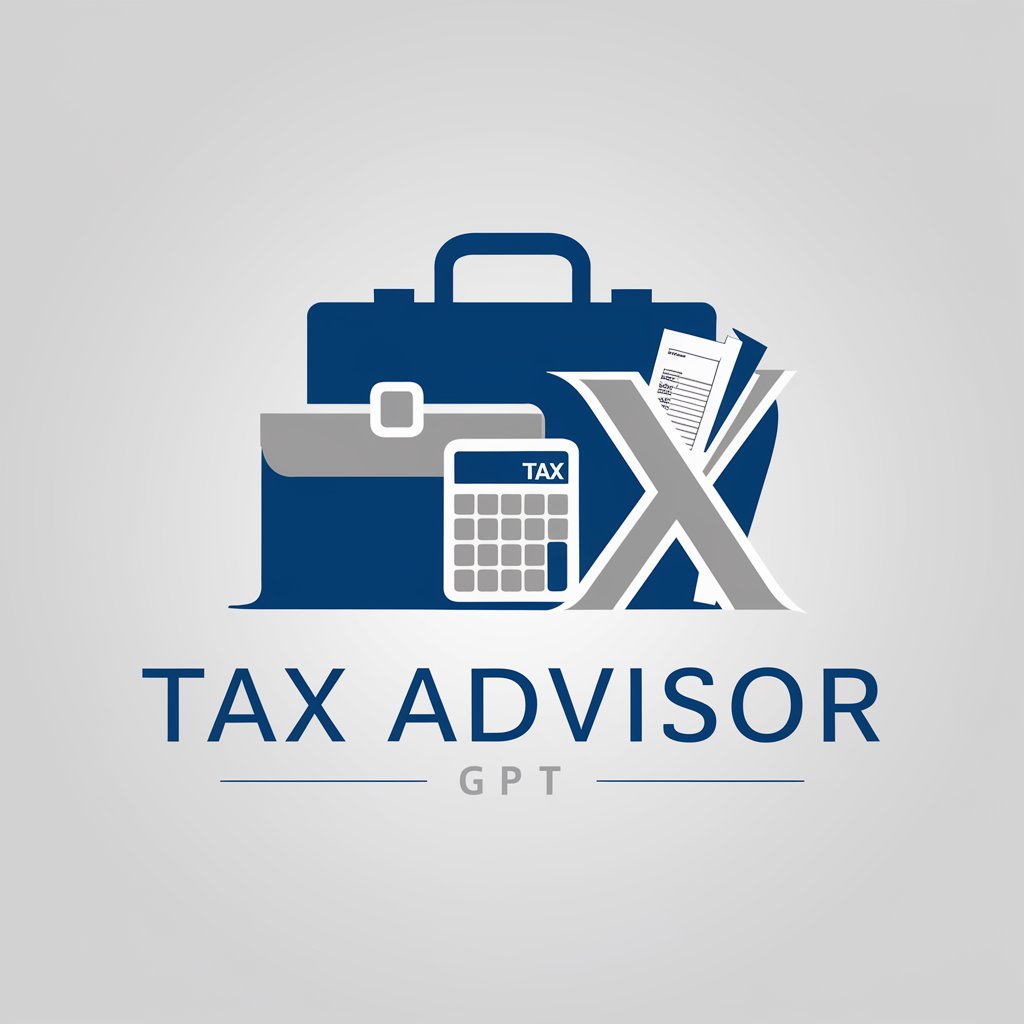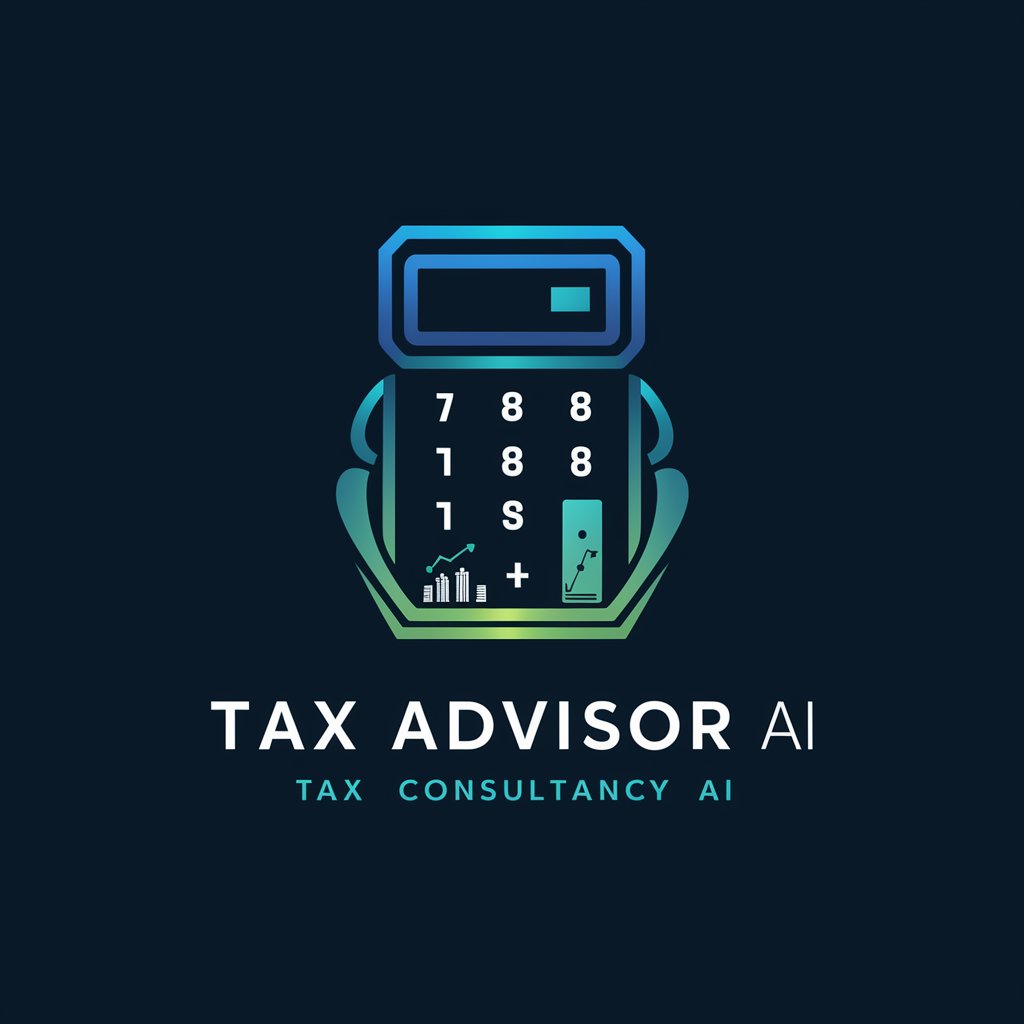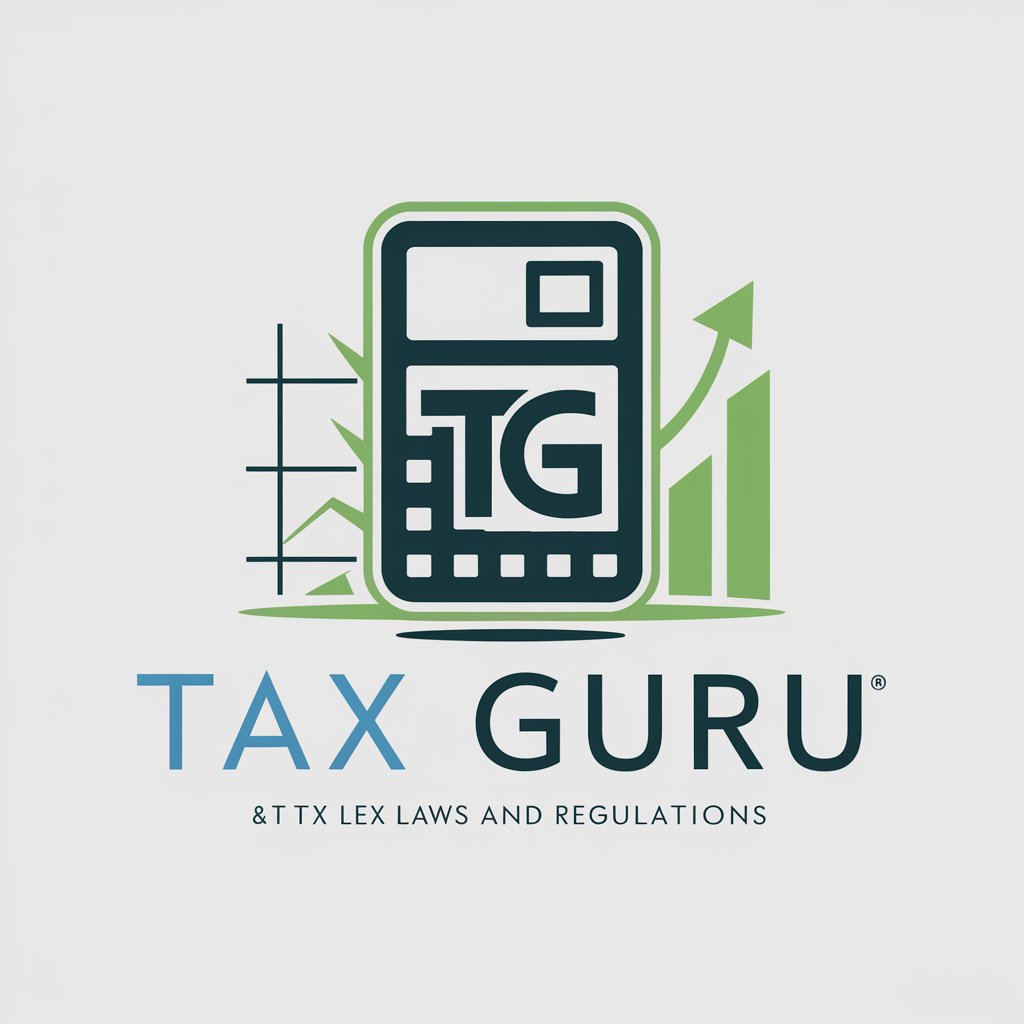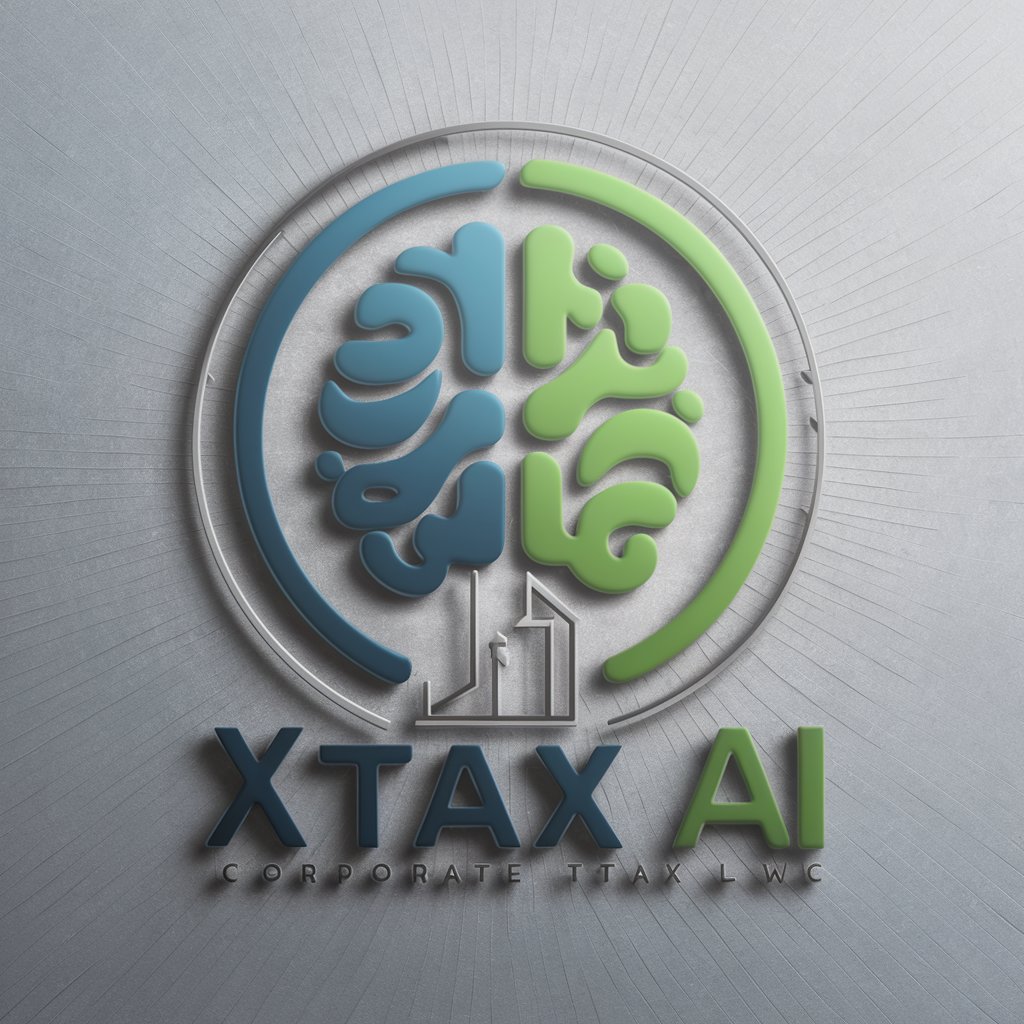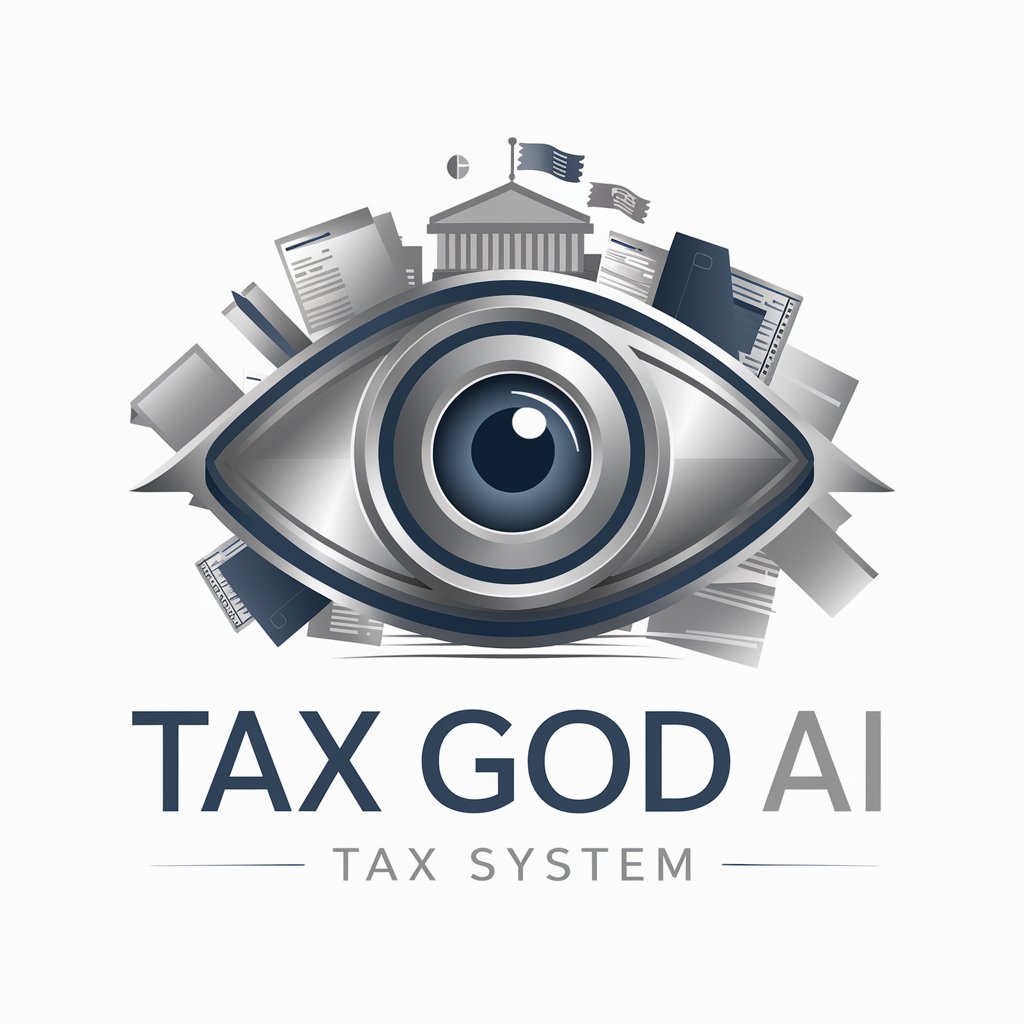
Ask AI: Top 2023 Tax Saving Tips - Tax Saving Insights & Tips
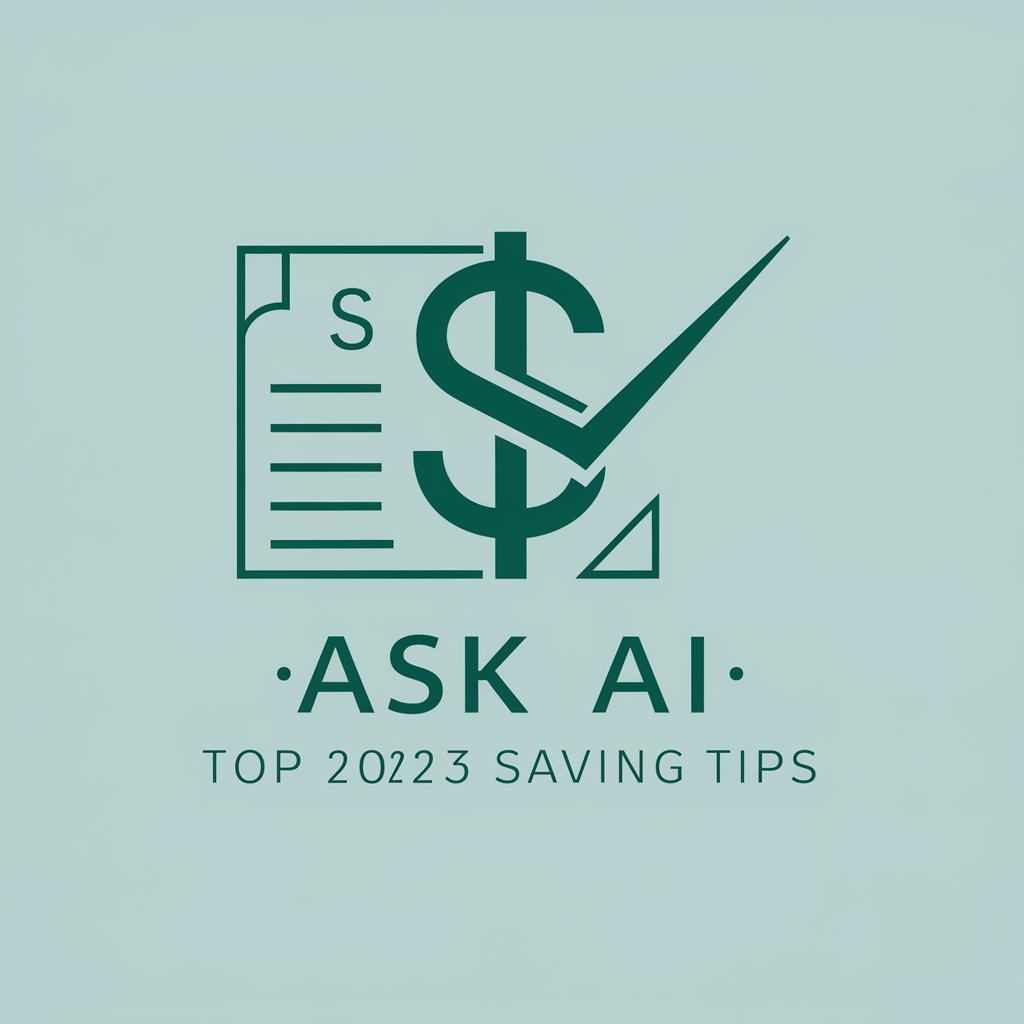
Welcome! Let's explore the best tax-saving tips for 2023.
Maximize Savings with AI-Powered Tax Guidance
What are some effective tax-saving strategies for high-income earners in 2023?
How can I maximize my deductions for charitable donations this year?
What tax credits should I be aware of for 2023?
How can small business owners reduce their tax liability for 2023?
Get Embed Code
Introduction to Ask AI: Top 2023 Tax Saving Tips
Ask AI: Top 2023 Tax Saving Tips is a specialized AI tool designed to provide users with comprehensive and up-to-date tax saving strategies and advice for the 2023 tax year. The tool is programmed with knowledge of the latest tax laws, rates, deductions, and credits that apply to various income activities and taxable events occurring in 2023. Through a conversational yet professional interface, it assists users in navigating the complexities of tax planning, aiming to help them maximize their savings and optimize their financial decisions. For instance, if a user is curious about the best ways to leverage a Health Savings Account (HSA) for tax savings, Ask AI would detail the contribution limits, tax benefits, and eligible medical expenses, providing a clear example of how contributing to an HSA could lower their taxable income. Powered by ChatGPT-4o。

Main Functions of Ask AI: Top 2023 Tax Saving Tips
Tax Deduction and Credit Optimization
Example
Identifying opportunities for claiming deductions such as mortgage interest, charitable donations, or educational expenses, and how to qualify for tax credits like the Earned Income Tax Credit or Child Tax Credit.
Scenario
A user who has recently incurred significant medical expenses could be guided on how to itemize deductions to potentially reduce their taxable income, highlighting the threshold for medical expenses deductions in 2023.
Income and Investment Tax Planning
Example
Advising on strategies for tax-efficient investment such as utilizing tax-deferred retirement accounts (IRA, 401(k)), understanding capital gains tax rates, or the benefits of holding investments longer for preferential tax treatment.
Scenario
An individual contemplating selling a rental property could receive advice on the potential tax implications of capital gains and the possibility of using a 1031 exchange to defer these taxes.
Small Business and Self-Employment Tax Strategies
Example
Exploring tax saving strategies for business owners and freelancers, including deductions for home office expenses, equipment, and vehicle use, as well as strategies for structuring payments to optimize tax outcomes.
Scenario
A freelance graphic designer could learn about the deduction for a home office, how to calculate it based on the actual expense method versus the simplified method, and the criteria for eligibility.
Ideal Users of Ask AI: Top 2023 Tax Saving Tips Services
Individual Taxpayers
People seeking to understand and apply tax-saving strategies related to their employment income, investments, or personal circumstances, such as homeownership or family-related deductions and credits.
Investors
Individuals looking for guidance on managing their investments in a tax-efficient manner, including strategies for capital gains tax, dividend income, and tax-advantaged accounts.
Small Business Owners and Freelancers
Entrepreneurs and self-employed individuals who need to navigate the tax implications of business expenses, self-employment tax, and opportunities for reducing taxable income through business deductions.

How to Use Ask AI: Top 2023 Tax Saving Tips
Step 1
Begin your tax savings journey at yeschat.ai for a hassle-free trial that requires no signup or subscription to ChatGPT Plus.
Step 2
Specify your tax situation or query related to the 2023 tax year, including income sources, investments, or specific taxable events you're concerned about.
Step 3
Utilize the guidance provided to explore tax-saving strategies, legislation impacts, and efficient tax planning for 2023.
Step 4
For complex queries or personalized advice, consider visiting aftertaxcash.com for detailed articles and strategies.
Step 5
For direct professional support or tax planning services, reach out to JG CPA & Advisory at https://jgadvisorycpa.com.
Try other advanced and practical GPTs
Find Top CPA Specialized in Startups
AI-powered CPA Finder for Startups

Find Top Medical and Healthcare Specialized CPA
Streamlining Financial Success in Healthcare

Find Top Virtual Creator Specialized CPA
Empowering Virtual Creators with Specialized CPA Expertise

Find Top Accounting Services Near You
AI-powered Accounting Service Finder

Find Top Bookkeeping Services Near You
AI-powered Bookkeeper Discovery

Find Top Real Estate CPA Near You
Optimize your real estate finances with AI-driven CPA recommendations.

Ask AI: How To Increase Your Business Profit
Elevate Your Profits with AI Insight

Top Miami CPA for Accounting Services
Empowering Financial Decisions with AI

Best Miami CPA for Tax Services
Empowering Tax Strategies with AI
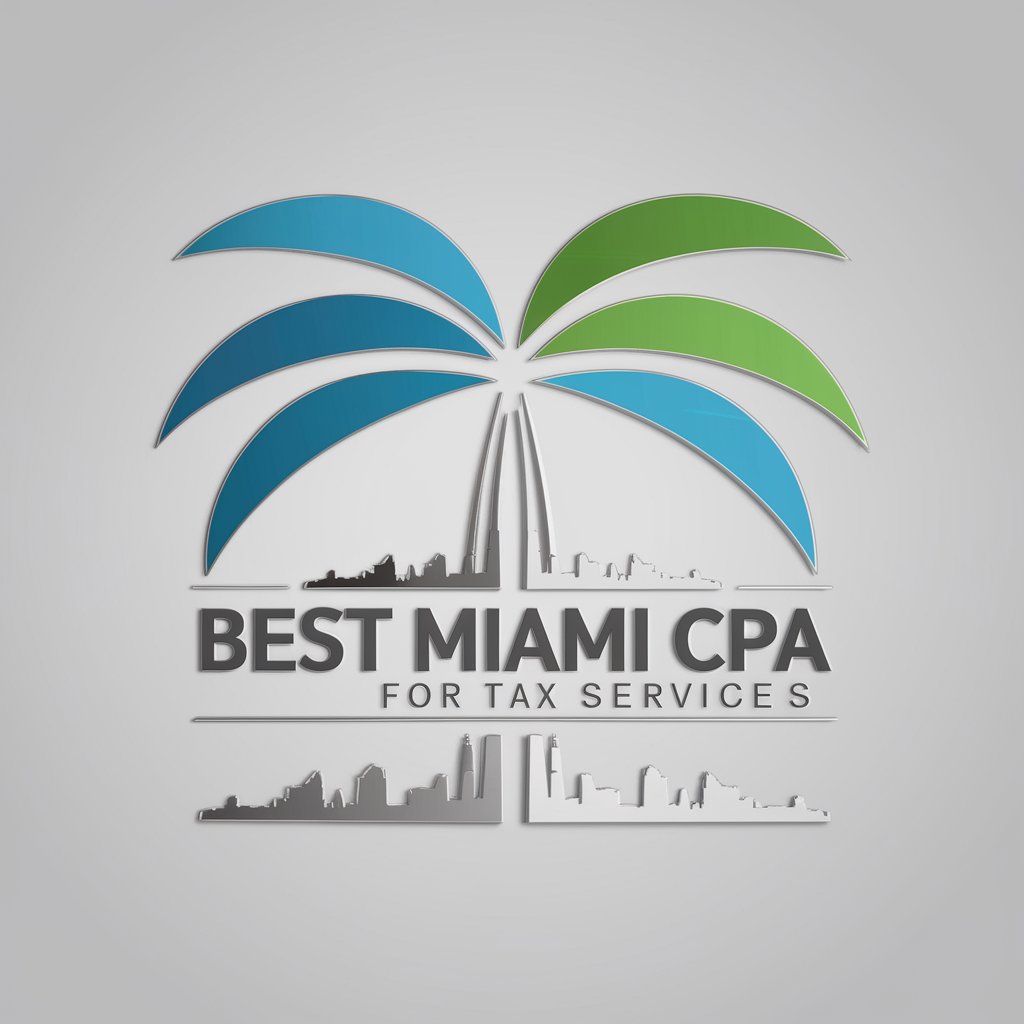
Top Miami CPA for Business Tax Services
Optimize Your Taxes with AI-Powered Insights
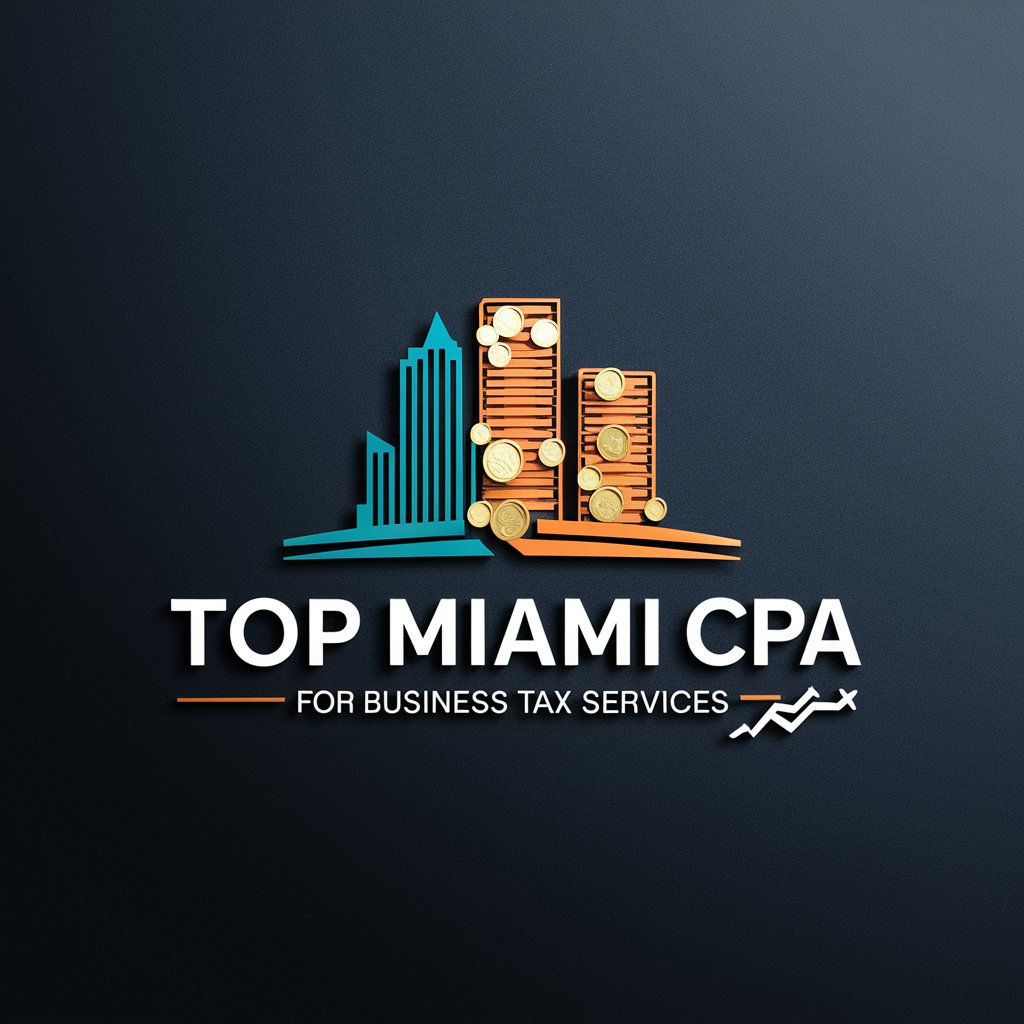
Top Boca Raton CPA for Accounting Services
Empowering Financial Success with AI-Powered Accounting

Best Boca Raton CPA for Tax Services
AI-powered tax strategies for you

Detailed Q&A for Ask AI: Top 2023 Tax Saving Tips
How can I maximize deductions for my home office in 2023?
To maximize your home office deduction, ensure your workspace meets the IRS criteria for exclusive and regular use for business. Deduct direct expenses fully and allocate indirect expenses like utilities based on the proportion of your home used for business. Consider the simplified option for a straightforward calculation.
What are the changes in retirement savings contributions for 2023?
For 2023, the IRS has increased contribution limits for retirement accounts. For 401(k)s and similar plans, the limit is raised, and for IRAs, there's a slight increase. Catch-up contributions for those aged 50 and above have also seen an adjustment. It's crucial to leverage these changes to enhance your retirement savings while minimizing your taxable income.
Can I still benefit from electric vehicle tax credits in 2023?
Yes, you can benefit from electric vehicle (EV) tax credits in 2023. The IRS provides credits for new qualifying EVs purchased. However, the credit amount varies based on the vehicle's battery capacity and manufacturer sales. Be sure to check the latest IRS guidelines or vehicle eligibility on their website to ensure your purchase qualifies.
How do I handle cryptocurrency taxation in 2023?
For cryptocurrency transactions in 2023, it's essential to report all sales, conversions, payments, and income on your tax return. The IRS treats cryptocurrencies as property, so capital gains or losses apply. Keep detailed records of transactions, including dates, amounts, and market value, to accurately calculate gains or losses.
What are strategies for minimizing taxes on investment income in 2023?
To minimize taxes on investment income, consider holding investments longer to qualify for long-term capital gains rates, which are lower than short-term rates. Utilize tax-advantaged accounts like Roth IRAs for investments that generate significant interest or dividends. Also, consider tax-loss harvesting to offset capital gains with any investment losses.
